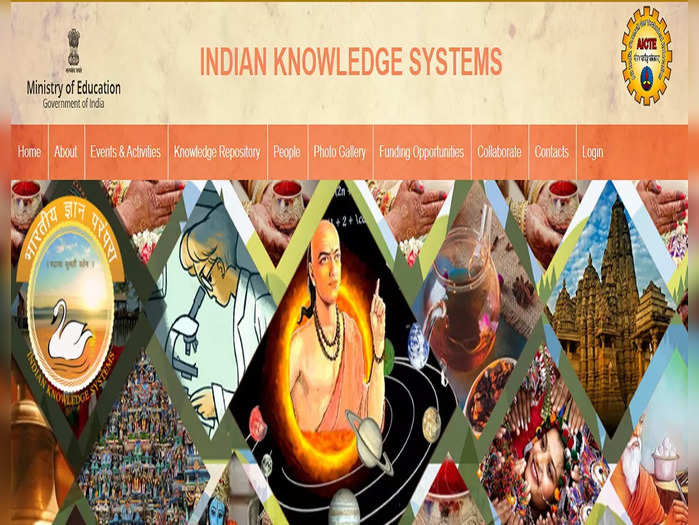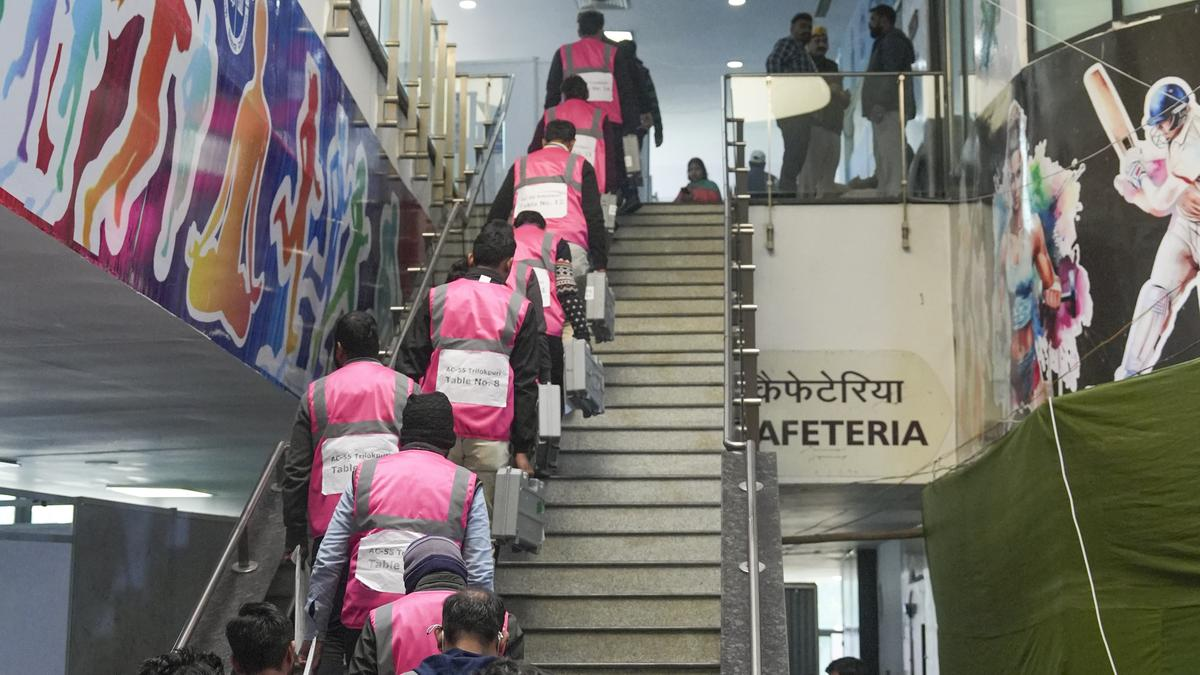Description

Copyright infringement not intended
About
- The University Grants Commission (UGC) has issued draft guidelines on the Indian Knowledge System (IKS).
- College and university teachers may have to undergo compulsory training programmes in IKS.
- The programmes will include learning about;
- Chemistry through Ayurveda.
- Mathematics in the Vedas.
- History of the Indian economy in the Mahabharata and the Arthashastra.
- The IKS-related sessions will be allocated a minimum of 10% of the total duration of the training programme, or nearly 20 hours.
- Programme for teaching chemistry and metallurgy will include;
- Contributions of ancient and medieval Indians as gleaned from archaeological artefacts, temple icons, and other such tangible objects like the Delhi Iron Pillar.
- Chemistry in ayurvedic texts as well as in ayurveda practice, and the use of metals since Vedic times.
- Mathematics teachers will have to learn about Mathematical references in;
- The Vedas
- Pāṇini’s Aṣṭādhyāyī
- Piṅgala’s Chandaḥśāstra
- Aryabhatta’s astronomical treatise called Aryabhatiya
- Jain geometry.
- Economics teachers will have to learn about the history of the Indian economy and thoughts from the Dharmashastras, Mahabharata, and Arthashastra.
- The programmes will also include visits to temples, gurukuls, ayurvedic healing centres, and historical sites, among others.
- Sessions will be conducted on yoga, meditation, ayurveda and classical music to provide teachers “grounding in experiential aspects” of IKS.
.jpg)
Indian Knowledge System
- Indian Knowledge System (IKS) is an innovative cell under the Union Ministry of Education (MoE).
- It is established to promote interdisciplinary research on all aspects of IKS and preserve and disseminate IKS for further research and societal applications.
- It will actively engage in spreading the rich heritage of our country and traditional knowledge in the field of Arts and literature, Agriculture, Basic Sciences, Engineering & Technology, Architecture, Management, Economics, etc.
University Grants Commission (UGC)
- University Grants Commission is a statutory body under the University Grants Commission Act, of 1956.
- UGC is charged with the task of coordinating and maintaining standards of higher education in India.
- It provides recognition to universities and also allocates funds to universities and colleges.
- UGC headquarters are in New Delhi, and it also has 6 regional centres.
- All grants to universities and higher learning institutions are handled by the UGC.
- In 2015-16, the Union government initiated a National Institutional Ranking Framework under UGC to rank all educational institutes.
- UGC also conducts the National Eligibility Test (NET) for the appointments of teachers in colleges and universities.
- M Jagadesh Kumar is the current chairman of the UGC.

https://epaper.thehindu.com/ccidist-ws/th/th_delhi/issues/19242/OPS/GSRALSBT1.1.png?rev=2022-12-23T01:10:50+05:30&cropFromPage=true
















